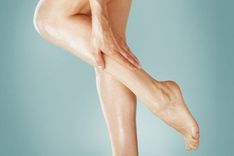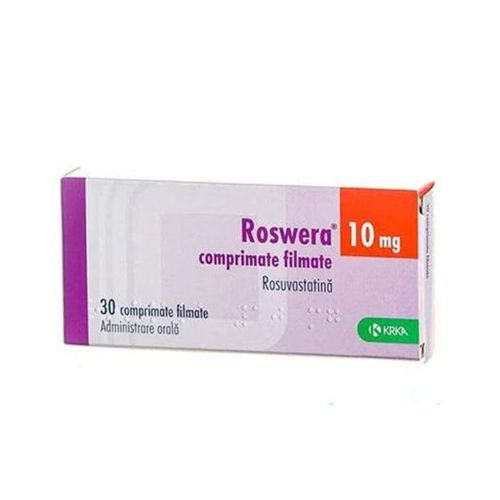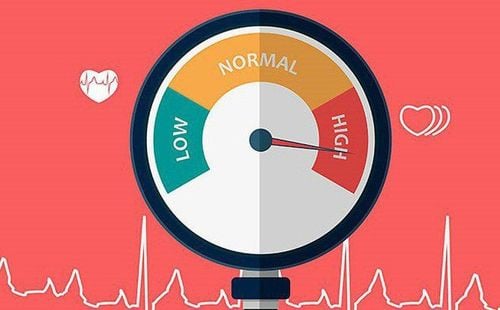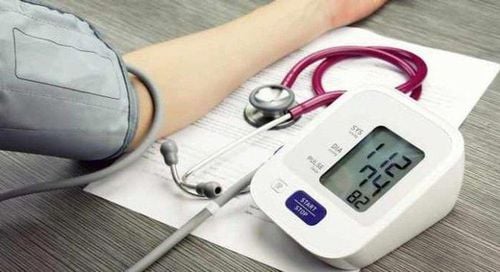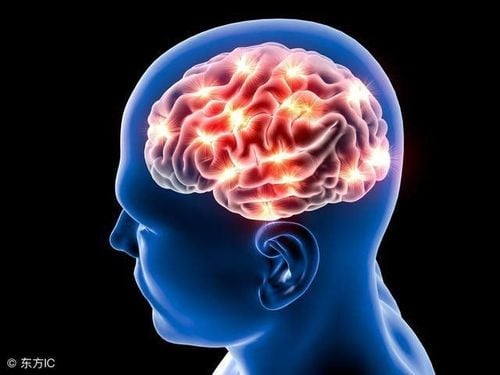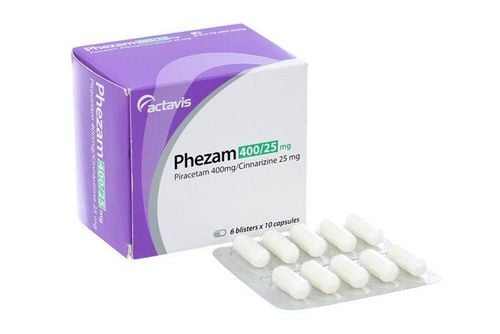Bathing is a daily activity that helps keep the body clean and relaxed after a long day of studying or working... However, bathing too late, for too long, or with water that is too hot or too cold... can easily lead to adverse health effects such as stroke, dizziness, or even cardiac arrest at midnight. Let's explore the harmful effects of late-night bathing through the article below.
1. Harmful effects of late-night bathing
Bathing late at night before going to bed may make you feel comfortable but also leads to adverse health effects as follows:
- Difficulty falling asleep: Bathing with hot or cold water before bedtime affects sleep and makes it harder to fall asleep. The reason is explained by the fact that the body normally rests and relaxes better when its temperature is slightly lower than usual, making it easier for you to fall asleep and have a good sleep. Bathing with hot water before bed raises body temperature, causing disruption and leading to difficulty sleeping or insomnia;
- Negative effects on the heart: Bathing with hot water increases body temperature, heats the body, raises blood pressure, and puts stress on the heart. Cardiac stress can make you toss and turn all night, leading to many health issues;
- Easy to gain weight: Bathing late at night or bathing after eating is one of the reasons that make it easy for you to gain weight. This is explained by the fact that bathing after eating disrupts the digestive system, leading to weight gain. The digestion process requires increased blood flow to the stomach; however, bathing after eating diverts blood flow to other parts of the body, negatively affecting digestion;
- Negative effects on hair: Bathing late at night and going to sleep with wet hair causes the scalp to get cold, affecting blood vessels. If this condition persists, it can lead to chronic headaches. Moreover, bathing and washing hair before going to bed slows the evaporation process of water from the hair, leading to coldness in the nerves under the epidermis of the scalp, neck, ears, and back of the shoulders, which are not kept warm. In extremely cold weather, a drop in body temperature can increase the risk of facial paralysis due to frozen facial nerves;
- Cold water bathing late at night excessively cools the body. Prolonged exposure to this condition can easily lead to colds and lung chill, especially for individuals with weak immune systems. In severe cases, there is a risk of viral fever or even lung infections, occurring when the respiratory organs weaken over time and lose their resistance.
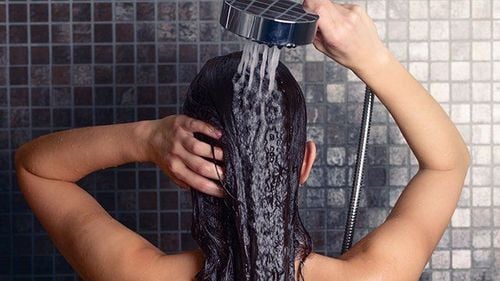
2. Does bathing late at night actually relate to stroke?
Currently, there is no scientific research proving a direct correlation between late-night bathing and stroke. However, certain factors help determine the relationship between stroke and late-night bathing, such as bathing time, method, water temperature, and age...
According to epidemiology, the stroke rate varies by season, with winter having a higher rate compared to summer. Hemorrhagic stroke commonly occurs in spring, while ischemic stroke primarily happens in winter. The stroke-related mortality rate also fluctuates by season, peaking in winter. Scientific studies show that when the temperature drops by 5 degrees Celsius, the rate of hospital admissions due to stroke increases by over 7%. Researchers have also identified sudden changes in blood pressure, blood lipid composition, and coagulation factors in winter as contributing to the high stroke rate.
At night, when the external temperature drops significantly, the temperature difference between the body and the environment increases. Bathing under such conditions—such as soaking in hot water during cold weather or using cold water after coming indoors—makes the body susceptible to thermal shock. This is why it is recommended not to bathe after 11:00 PM.
The connection between stroke and late-night bathing is explained pathophysiologically as follows: Exposure to a cold environment increases catecholamine secretion and activates the sympathetic nervous system, leading to greater strain on the heart, elevated blood pressure due to increased peripheral resistance, and a faster heart rate. Additionally, immersing in cold water lowers skin temperature, triggering a strong respiratory response known as “cold shock,” with symptoms including gasping, reduced CO2 levels, peripheral vasoconstriction, rapid heartbeat, and elevated blood pressure. These respiratory reactions, combined with changes in cerebral blood flow, can lead to neurological injuries and stroke.
Bath water temperature that does not match body temperature forces the body to adapt by either constricting or dilating blood vessels. Vasoconstriction increases the risk of stroke caused by cerebral infarction or sudden coronary artery spasm. This is particularly dangerous for people with angina caused by coronary artery spasms.
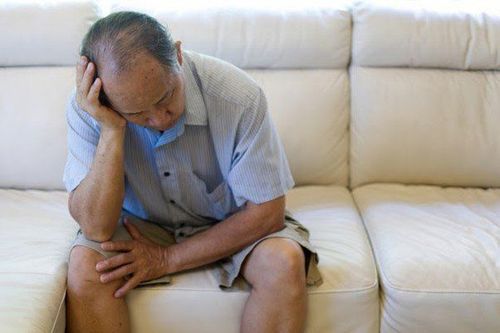
Milder cases of stroke and incidents during nighttime bathing can result in peripheral facial paralysis, neck and shoulder pain due to cold exposure, or falls caused by dizziness. Severe cases may result in death during bathing. Even after finishing a bath, individuals may experience cyanosis, stiffness, cardiac arrest, respiratory arrest, or sudden death while sleeping. Late at night, as the body prepares to rest, its resistance is weaker. Bathing during this time causes blood vessels to constrict, hindering blood circulation to the brain, and leading to weakness and fatigue. Individuals with hypertension or cardiovascular diseases face an even higher risk of stroke when bathing late at night.
For younger individuals, late-night bathing can lead to vasoconstriction, particularly when using cold water, which impedes blood circulation and causes body pain or even chronic headaches. For elderly individuals, physiological changes such as vasoconstriction, vascular calcification, and increased blood viscosity make them more prone to cardiovascular and blood pressure-related conditions. Therefore, late-night bathing poses a significant stroke risk for the elderly.
Late-night bathing negatively affects human health, particularly as a contributing factor to stroke—a dangerous condition with a high mortality rate. Experts strongly recommend avoiding late-night bathing to safeguard health.
To arrange an appointment, please call HOTLINE or make your reservation directly HERE. You may also download the MyVinmec app to schedule appointments faster and manage your reservations more conveniently.


